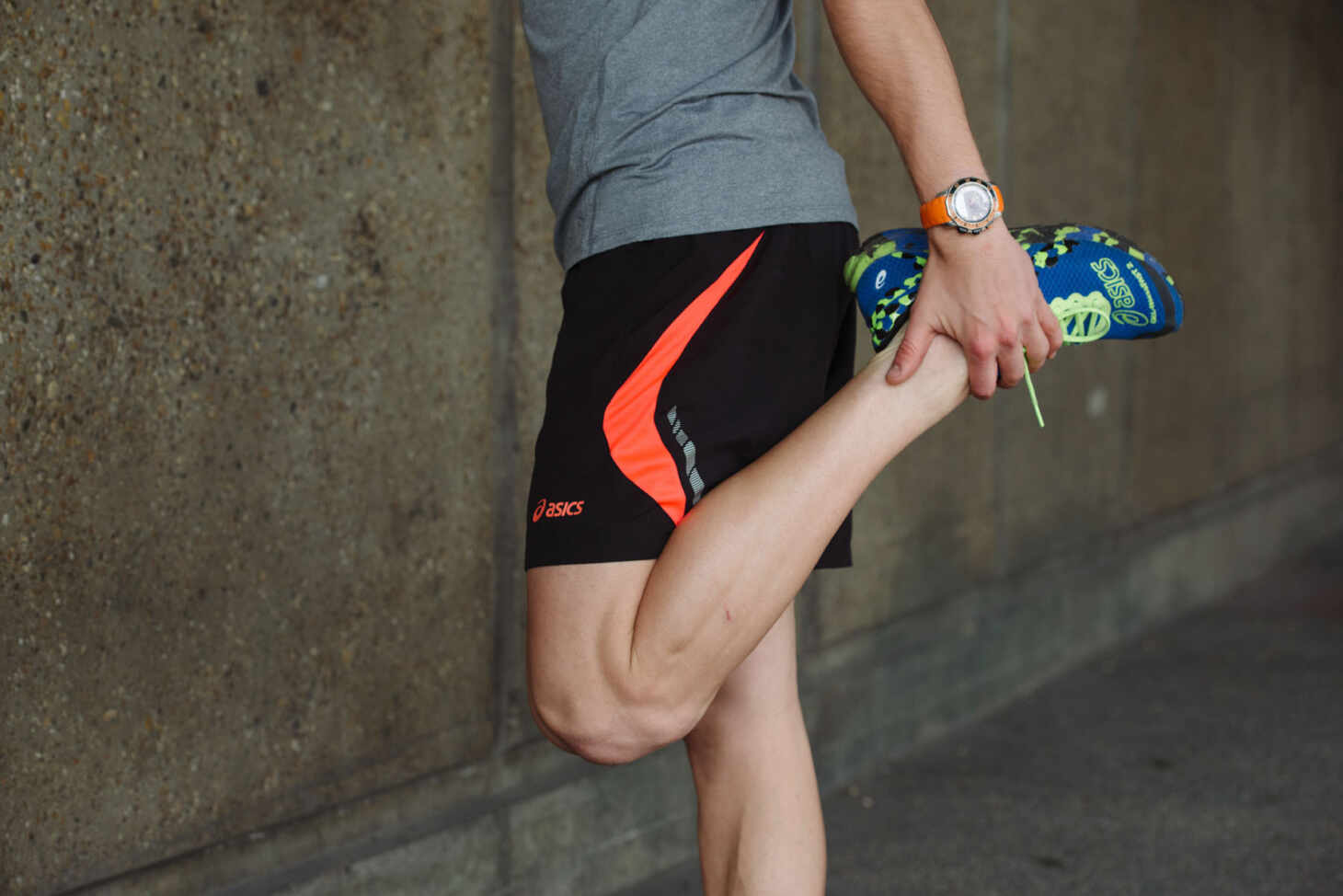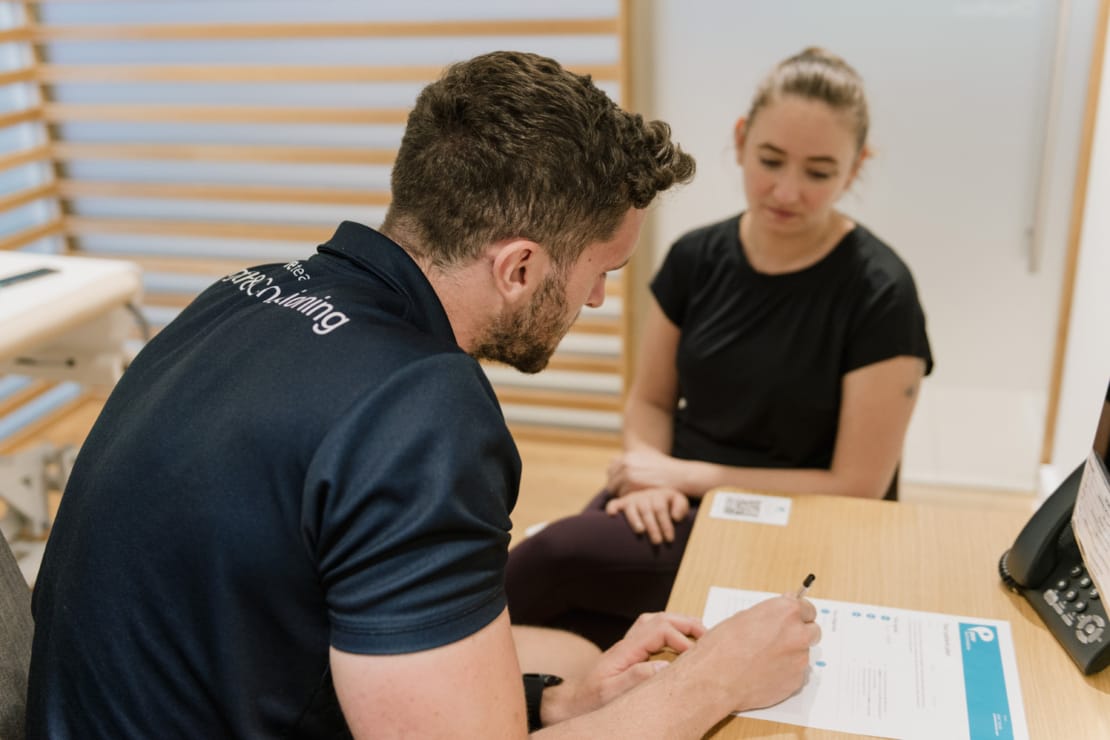Understanding Relative Energy Deficiency (REDs)

Dr Farrah Jawad
Consultant in Sport, Exercise & Musculoskeletal Medicine
- 7 November, 2019
- Exercise
- 2 min read
We all require energy to support our daily activities. Having enough energy is crucial for our bodies to function normally.

If an athlete does not receive enough energy from their diet to sustain their level of physical activity, they can be rendered in a state of energy deficiency. This is known as Relative Energy Deficiency (REDs).
Relative Energy Deficiency can often occur in aesthetic sports such as gymnastics, long distance running, cycling and weight-making sports such as boxing. It may occur inadvertently, as an individual may not realise they are not consuming enough good quality calories to sustain their activities.

Being in an energy deficient state can affect just about every organ system, and can cause several different types of symptoms which can make it challenging to diagnose. For example, REDs can cause:
- Stress reactions or stress fractures of bones.
- Long-term brittle bones (osteoporosis).
- Absent or infrequent periods in the female athlete.
- Difficulty conceiving.
- Stress and depression.
- Negative effects on the immune system responsible for fighting infections.
- Negative effects on athletic performance.

When considering treatment to support someone experiencing relative energy deficiency, an effective management plan should focus on redressing positive energy balance by increasing good quality calorie intake across the day, ensuring adequate refuelling post-exercise and by making training adjustments so that your body can recover whilst you continue to exercise and keep movement in your day.
Your management plan should be individualised as everybody is different, and may need to involve several clinicians such as a Consultant in Sport, Exercise and Musculoskeletal Medicine, Dietician, Strength and Conditioning Coach and a Physiotherapist, particularly if an injury has occurred as a result of REDs.
Of course for some people, relationships with food and exercise can be complex and have a negative effect on one’s wellbeing. In that scenario, it is also possible to involve a Sports Psychologist if the individual wishes.
Having a full team behind you can mean gaining a correct diagnosis, effective and efficient recovery time, and valuable insight and information to move forward knowing how to both avoid and manage potential future injuries.
Plus having the right support behind you can be incredibly motivating and help you navigate what can be a challenging journey to help keep you focused on the end goal – a full recovery.

Advice
Over the last 20+ years our experts have helped more than 100,000 patients, but we don’t stop there. We also like to share our knowledge and insight to help people lead healthier lives, and here you will find our extensive library of advice on a variety of topics to help you do the same.
OUR ADVICE HUBS See all Advice Hubs

